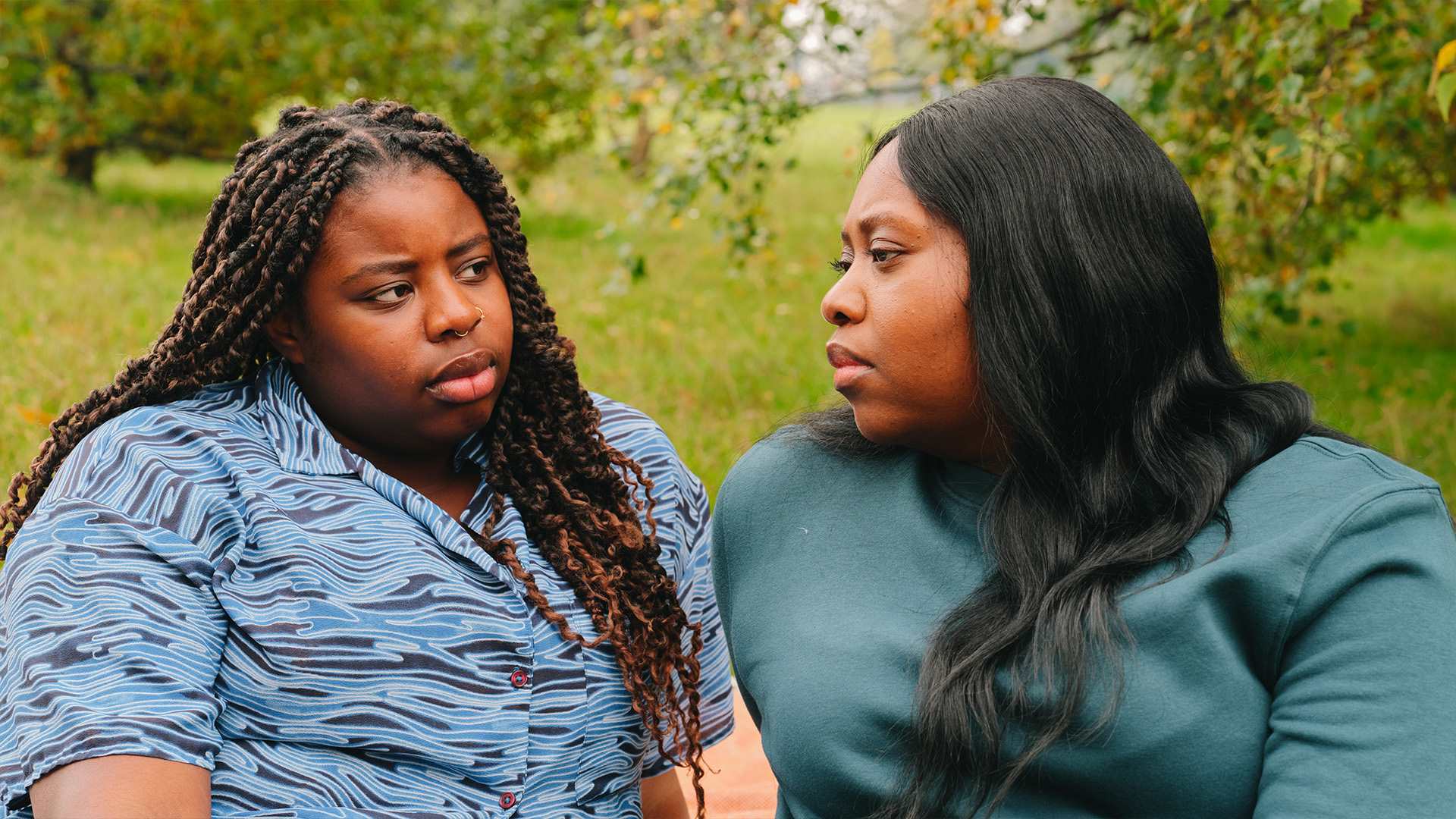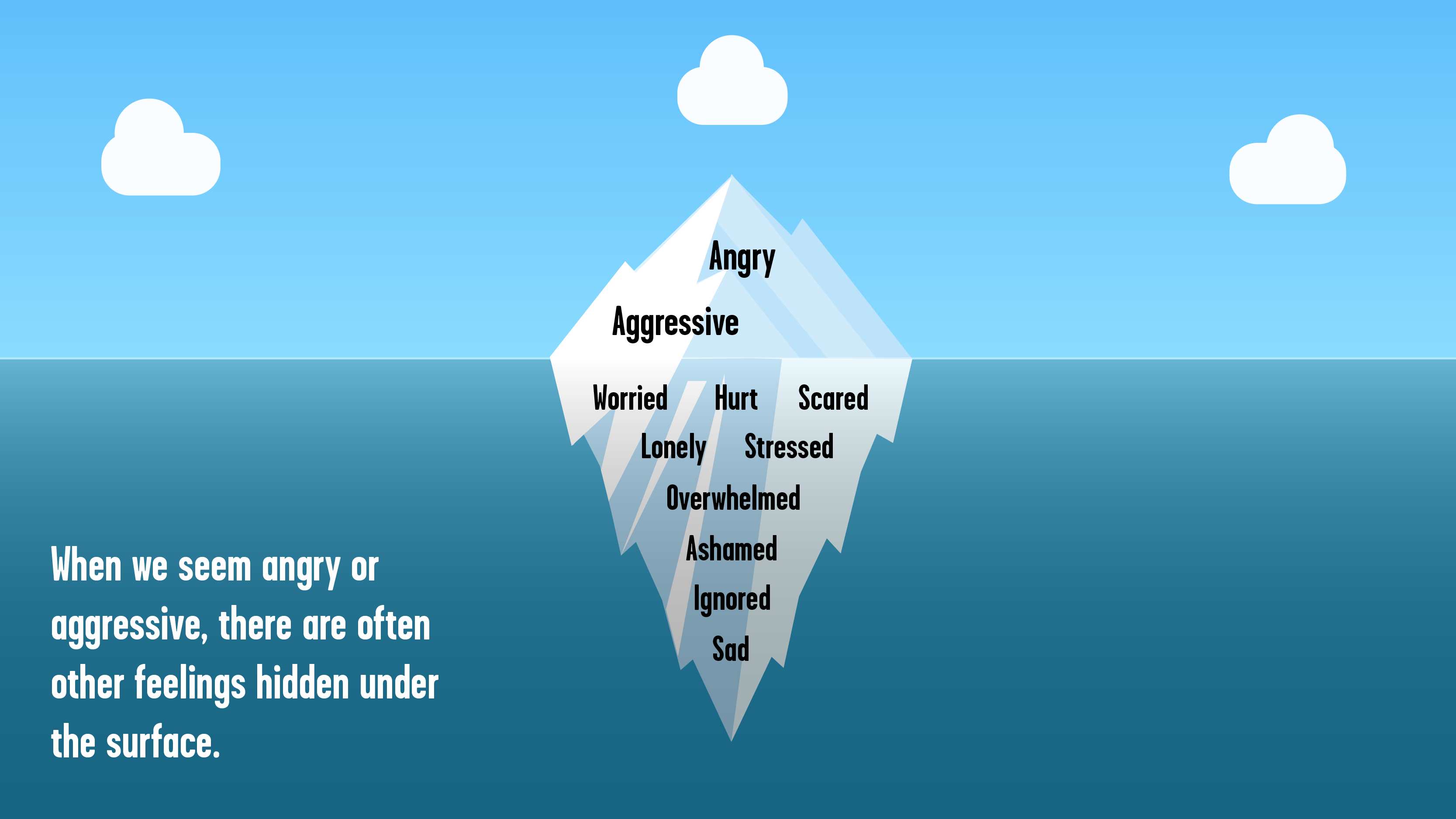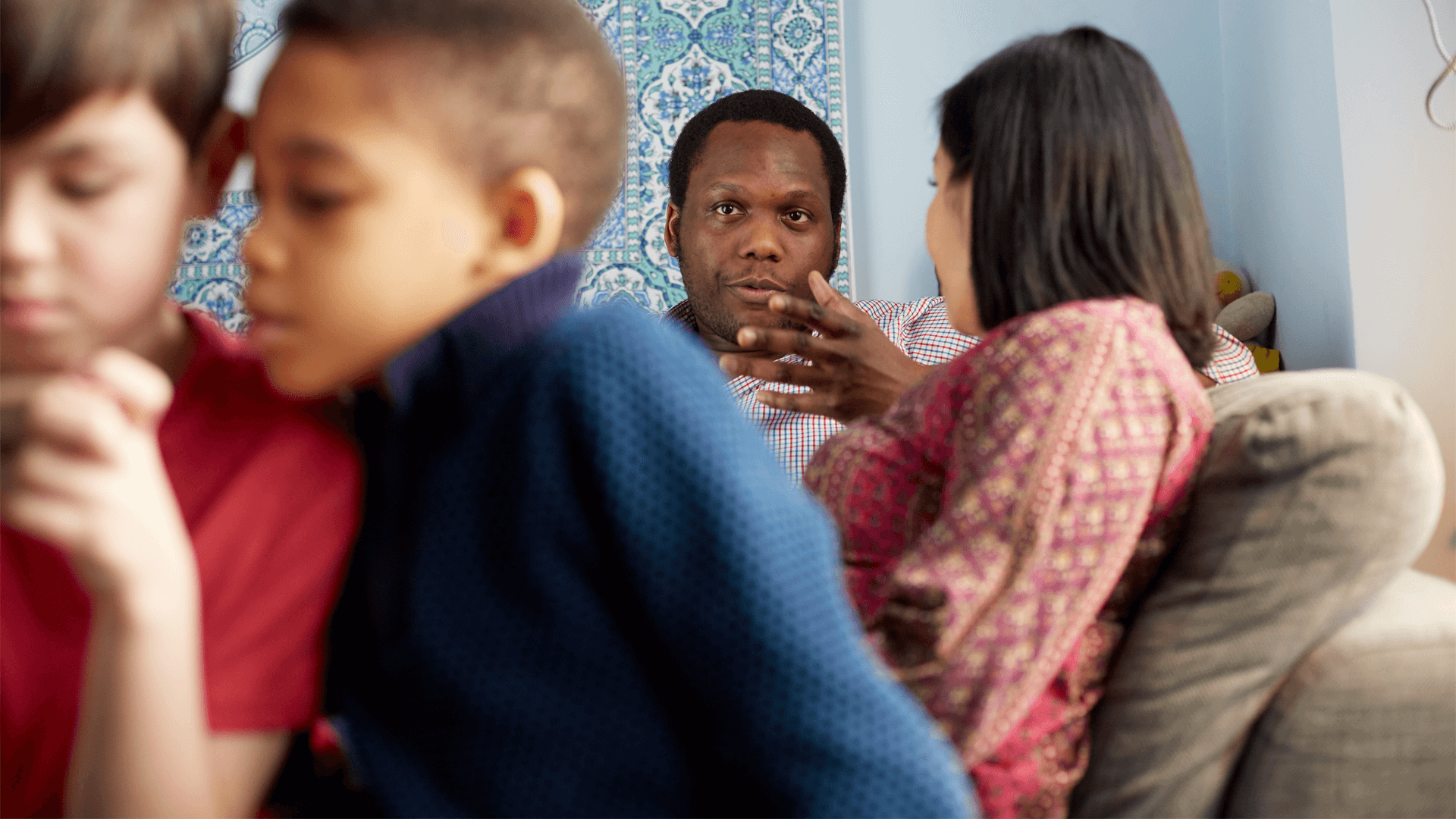Children and young people often make sense of things by thinking it’s their fault. They might worry that the separation would not have happened if they were a different child. Or that they could have stopped it from happening if they’d done something differently. Tell them explicitly that it’s not their fault. Be clear that children are never responsible for what happens in adult relationships.
What this could look like in real life: If both parents are involved, you could say: ‘We’ve broken up because of us, because of things that happened in our relationship. It’s got absolutely nothing to do with you. We love being your parents, and we want to focus on being good parents together’.
If you’re a single parent at the moment, you could say, ‘Your Dad/Mum leaving is nothing to do with you. It’s about things going on inside Dad/Mum, not about you. You’re such a wonderful child and I’m so lucky to have you. I love you so much’.





